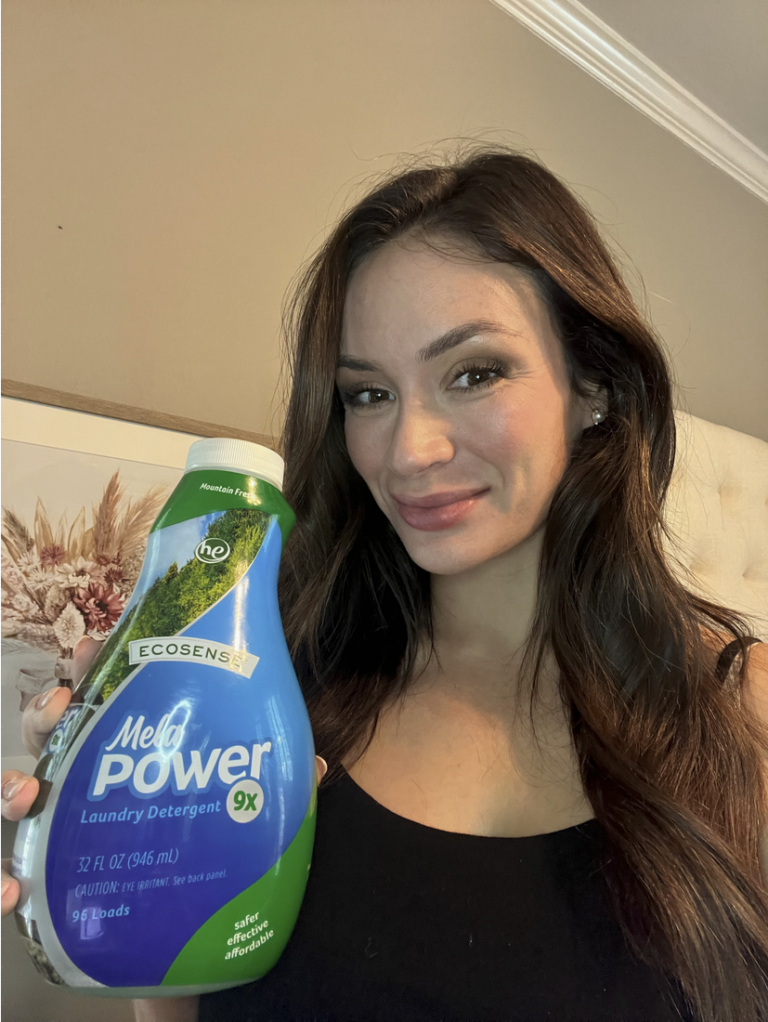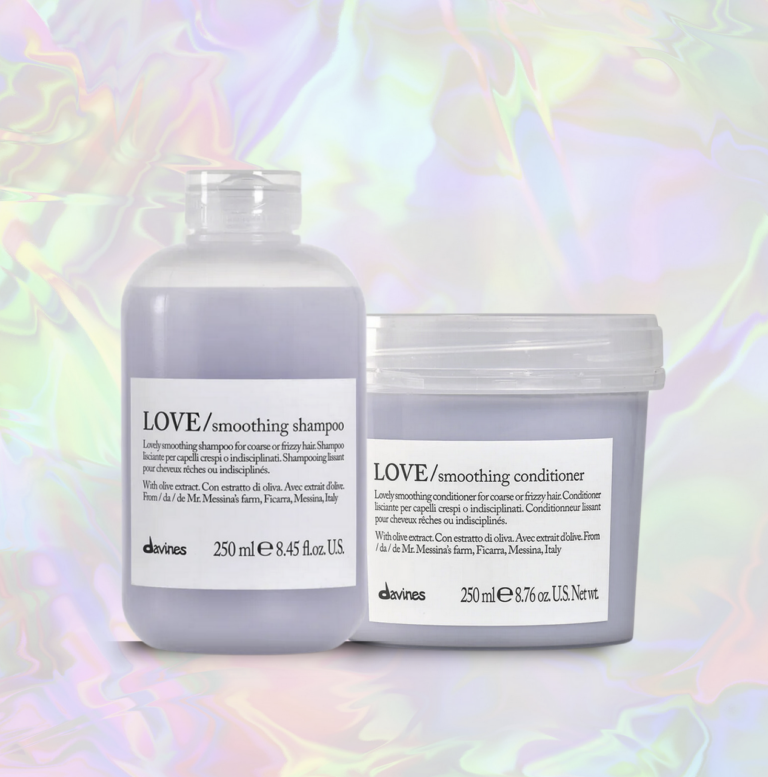Zinc: The Essential Mineral with Potential Benefits for Mental Health and Beyond
Zinc is a mineral that often doesn’t get the spotlight it deserves, yet it plays a crucial role in many bodily functions. From immune support to wound healing, and even its potential influence on mental health, zinc is an essential nutrient worth understanding better. In this post, we’ll explore the benefits of zinc, its potential impact on mental health conditions like anxiety and obsessive-compulsive disorder (OCD), and important considerations for supplementation.
The Role of Zinc in the Body
Zinc is a trace mineral that is vital for numerous enzyme activities in the body. It is involved in over 300 enzymatic reactions and plays a key role in various biological processes, including:
Immune Function: Zinc is crucial for maintaining a healthy immune system. It helps in the development and function of immune cells and can enhance the body’s ability to fend off infections.
Wound Healing: This mineral is essential for skin health and wound repair. It aids in cell division and collagen synthesis, which are critical for healing wounds.
Skin Health and Acne: Zinc has been shown to have benefits for skin health. A systematic review in 2020 found that individuals taking zinc supplements experienced a significant reduction in acne lesions compared to those who did not. Moreover, there were no reported negative side effects, such as gastrointestinal distress, from zinc supplementation.
Zinc and Mental Health
Recent studies have begun to explore the relationship between zinc and mental health, particularly focusing on conditions like anxiety and OCD. While more research is needed to draw definitive conclusions, preliminary findings show:
Obsessive-Compulsive Disorder (OCD): Some research suggests that zinc might play a role in managing OCD. For instance, one study found that combining zinc with fluoxetine (Prozac) led to better control of OCD symptoms compared to fluoxetine alone. This indicates that zinc could potentially be used as an adjunct therapy to enhance treatment outcomes for OCD.
Anxiety: Although studies are still emerging, there is some evidence suggesting that zinc deficiency might be linked to increased anxiety levels. Individuals with anxiety disorders often have lower levels of zinc, which opens up the possibility that supplementation might help manage symptoms. However, more research is required to establish a clear connection and to understand the mechanisms involved.
Supplementation Considerations
While zinc has many benefits, it’s important to approach supplementation with care. Here are some key points to consider:
Balance with Other Minerals: Zinc and copper have an inverse relationship in the body. High doses of zinc can lead to copper deficiency, as zinc competes with copper for absorption. Therefore, balancing zinc intake with copper is important to avoid deficiencies!
Dosage and Safety: Zinc supplementation is generally safe when taken within recommended dosages. Excessive intake, however, can lead to adverse effects, such as nausea or interference with the absorption of other essential minerals. Always consult with your primary care provider before starting any new supplement regimen.
Conclusion
Zinc is a vital mineral with diverse roles in maintaining health, from supporting the immune system and promoting wound healing to potentially impacting mental health conditions like OCD and anxiety. While the research into zinc’s effects on mental health is still evolving, current findings suggest that it may have beneficial adjunctive roles in managing certain conditions.
As with any supplement, it’s important to use zinc wisely and consult with healthcare professionals to ensure it complements your overall health strategy. Understanding the balance of minerals and their impact on your body will help you make informed decisions about incorporating zinc into your health routine.
Evaluation of oral zinc sulfate effect on obsessive-compulsive disorder: A randomized placebo-controlled clinical trial: https://www.sciencedirect.com/science/article/abs/pii/S0899900711004369?via%3Dihub
Zinc: https://ods.od.nih.gov/factsheets/Zinc-HealthProfessional
Yee, B. E., Richards, P., Sui, J. Y., & Marsch, A. F. (2020). Serum zinc levels and efficacy of zinc treatment in acne vulgaris: A systematic review and meta‐analysis. Dermatologic Therapy, 33(6), e14252-n/a. https://doi.org/10.1111/dth.14252







